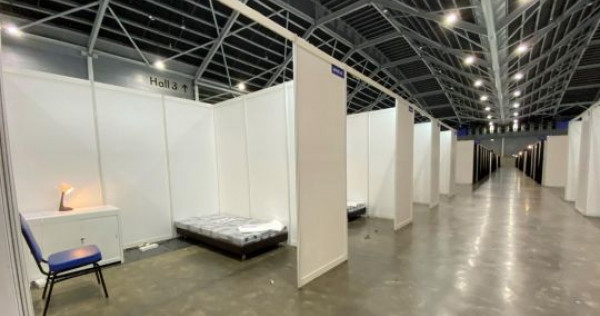[ad_1]
Singapore has changed the dynamics of its care of Covid-19 patients by treating nine in 10 of them in community isolation facilities instead of acute hospitals.
The move not only differentiates those with mild illnesses from others with life-threatening conditions, but also saves the hospitals from being deluged.
Community facilities now house 9,878 patients – out of the 11,107 current patients. This means just 1,229 patients are still warded in acute hospitals, including 24 in critical condition.
Associate Professor Hsu Li Yang, an infectious diseases expert, said the strategy of moving patients who are well out of hospitals has been applied for some time, even before the first isolation facility became operational on March 24.
Prof Hsu, who leads the infectious diseases programme at the National University of Singapore’s Saw Swee Hock School of Public Health, said placing these patients in isolation facilities will prevent acute hospital beds from being unnecessarily filled by relatively well Covid-19 patients who would otherwise be discharged only when doctors are certain that they are no longer able to infect others.
[ad_2]
Source link






